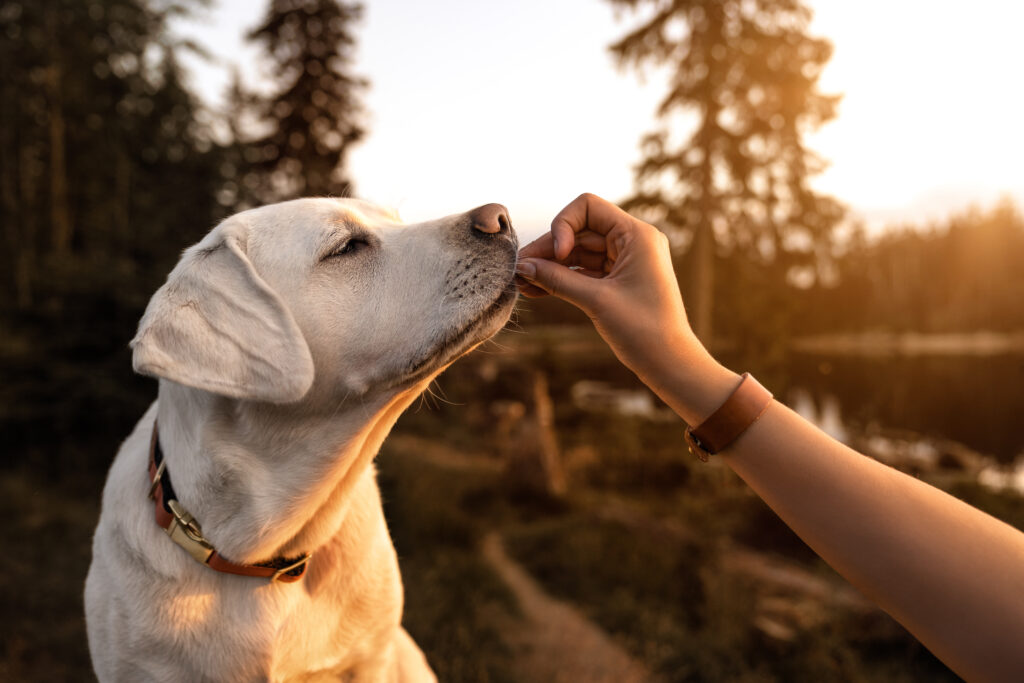
Many dog owners want to add human food to their pet’s diet for extra nutrition. However, it’s important to know what foods are safe for dogs to eat and which ones should be avoided.
Lean meats without bones and skin, vegetables like carrots, and fruits are the best options. Avoid foods high in salt, fat, or carbohydrates that can irritate your dog’s stomach.
Lean Meats
While most dog foods contain the meats dogs need, some owners also add supplemental protein sources. These include lean beef, chicken, pork and turkey.
Lean beef is a healthy source of proteins and amino acids, plus vitamins and minerals. Like chicken, it is also a good alternative for dogs with food allergies.
Turkey is an affordable and accessible poultry choice that many dogs find delicious. It is considered a "yin," or cooling protein, in Chinese medicine and provides nutrients that promote healthy skin and coats.
Ground venison is another low-calorie protein option for pets. It can be boiled or roasted to an internal temperature of 165 degrees.
Vegetables
Many dogs love vegetables and they’re a healthy supplemental treat for any diet. They provide vitamin C and co-factors that support the body’s immune system. They also contain minerals like calcium, potassium and iron.
Green beans are a great vegetable for dogs that contains lots of vitamins A, B6, and C. They’re also high in fiber, low in calories and fat.
Be sure to steam or boil your veggies to avoid over-cooking them. Boiled veggies are softer than raw and are easier to chew for older dogs and those missing teeth. It’s important to cut them into bite-sized pieces to prevent choking.
Fruits
Most dogs love the taste of fruits and vegetables, but if you're not careful, these snacks can be toxic to your pup. Certain foods, such as feijoas, can contain cyanogenic glycosides that cause cyanide poisoning causing dilated pupils and vomiting. Other foods, such as whole nuts, can be choking hazards and some peanut butters may contain the sugar substitute xylitol that is deadly to dogs in large quantities.
It's also best to only feed your dog a few of these foods as a treat and not a regular part of their diet. Overfeeding these foods can lead to obesity, digestive upset and other health problems.
Rice
Rice is a staple in many human diets, and it can be found as an ingredient in some dog foods. It can be helpful for dogs suffering from gastrointestinal issues or that cannot tolerate other grains.
However, if your dog is eating rice regularly, it could be contributing to his weight gain and his health problems. Rice is a carbohydrate that turns into blood sugar very quickly, and it can cause a spike in insulin that stresses your dog’s pancreas.
Brown rice is healthier for your dog than white rice, as it contains the hull and bran, which contain nutrients like fiber, protein, vitamin D, vitamin E, calcium and iron. But it’s harder to digest and can trigger gastrointestinal distress in certain dogs.
Blackberries
Blackberries are a healthy treat for dogs that can provide a wide variety of benefits. They have antioxidant, anti-microbial, and anti-inflammatory properties and are rich in phenolic compounds.
They are also low in calories, fat and sugar, making them a great snack. They contain a high amount of fiber and vitamins C, A, E and K. Vitamin C helps boost the immune system, heal wounds and speed up the production of collagen, while vitamin A and vitamin K promote bone, blood vessel and heart health.
Keep in mind that blackberry jam, preserves and pies are all high in sugar and should only be eaten in small quantities. The same goes for blackberry yogurt as it may contain the artificial sweetener xylitol, which is toxic to dogs.
Coconut
Coconut is a nutrient-dense food that can be beneficial for dogs. It may decrease inflammation and promote skin and coat health. It contains dietary fats and may help increase energy.
It also contains medium chain fatty acids, which provide fuel to the body and brain. Coconut can be fed to your dog in a variety of ways.
Always make sure to remove the husk and shell of a coconut before giving it to your dog. These choking hazards can pose a serious threat to your dog’s health. Also, be sure to avoid the use of artificial sweeteners in a packaged coconut as these can cause health issues for your furry friend.





